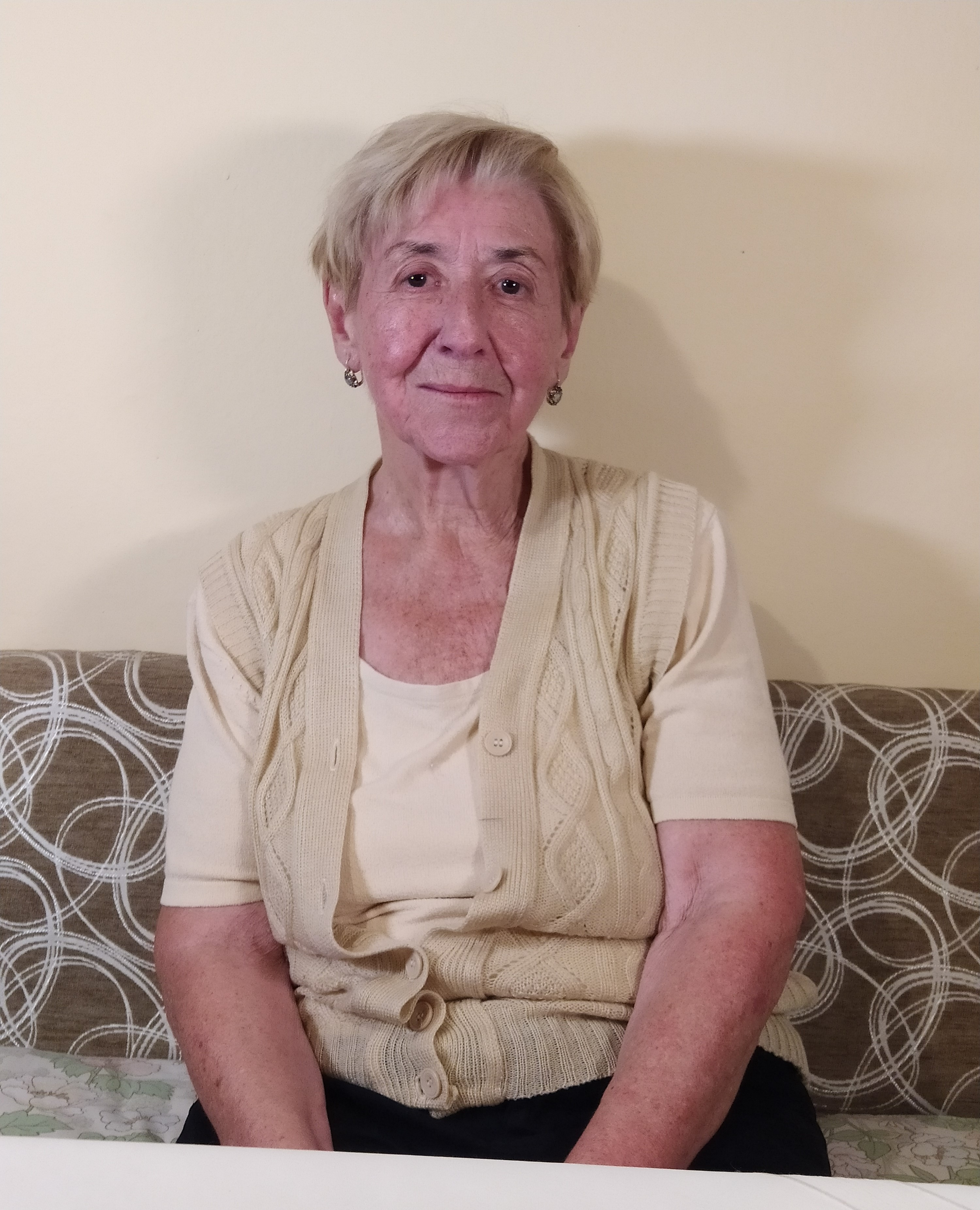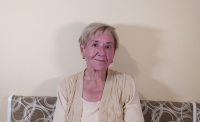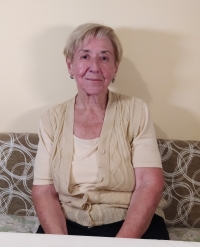Soviet pilots killed nine people from Řepov after the war. She knew each one of them

Download image
Marie Fiedlerová was born on December 2, 1937 and grew up with her family on a farm in Řepov, Central Bohemia, near Mladá Boleslav. The family earned living through a farm they ran. The war significantly affected their lives, especially at the end of the war years. The German garrison lived in the village, and the officers slept twice in the Fiedlers’ house. Marie and other children also brought food to Russian prisoners. Towards the end of the war, the whole family often had to go to the cellar, because planes bombed the nearby industrial Boleslav. However, the planes dropped bombs on the city on May 9, 1945, already in peacetime. Some bombs landed near Maria’s house, but fortunately they did not explode. However, nine inhabitants of Řepov died directly in Mladá Boleslav, Marie knew most of them and then attended the funeral. After the war, she entered school and studied at the four-year business academy. The communist collectivization of agriculture deprived the Fiedlers of the farm and the monetary reform of 1953 and of their savings. A year later, the witness’s father died of a stroke. After graduation, Marie worked for the Boleslav savings bank. She loved to travel, the witness experienced the events of the August 1968 invasion in Bulgaria by the sea. She remained single during her life and in 2021 she lived with her younger sister in a family house in Řepov.

